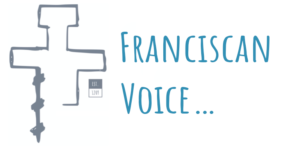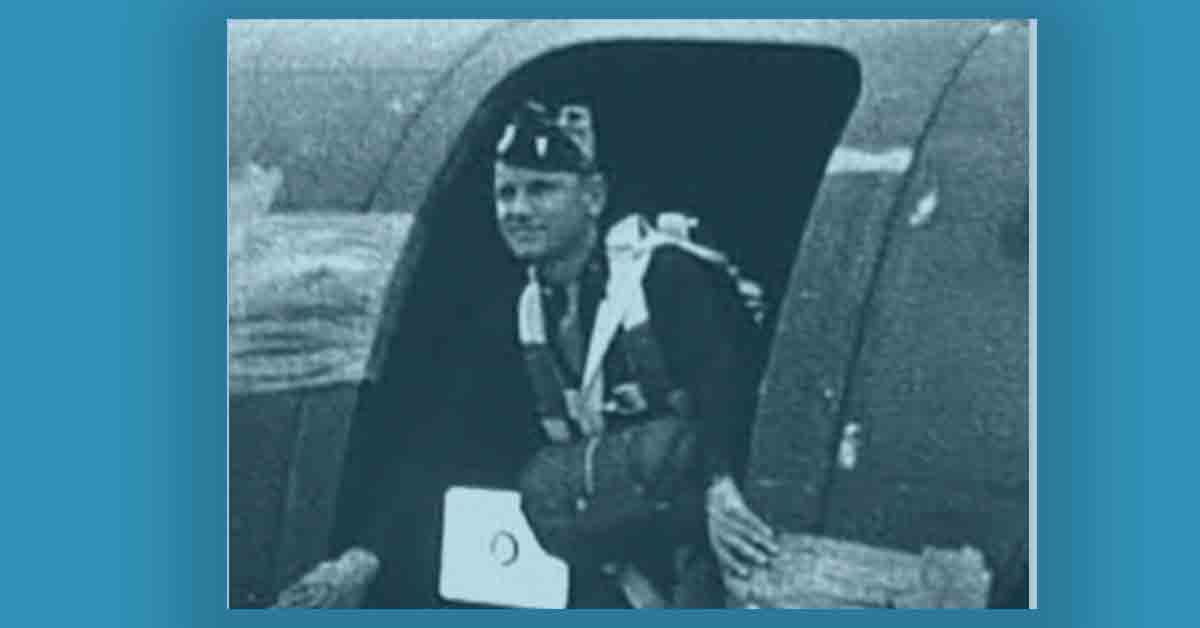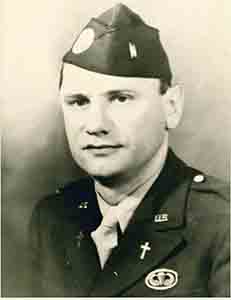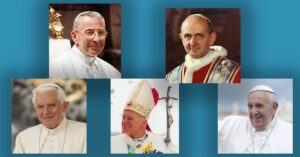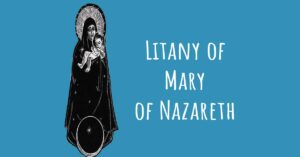For Franciscans, we often find ourselves on both the receiving and giving ends of grace. There are times when we feel the grace, and moments when we give the grace to others who are walking their way of the cross: 4, 5, 6, 8. These were my thoughts when the scurrying feet of pilgrims entered the chapel.
I finished my prayers and moved on to join a group of American Friars, who were preparing to celebrate Mass in the cave like chapel of Saint Bonaventure, located just below the place of the stigmata. It was June 6th and the Mass intention was for one of our Polish American friars, +Ignatius Maternowski. He was the chaplain of the 82nd Airborne and died on 6 June 1944, during the D-day invasion.
For the homily, using the lens of the Gospel from the Feast of the Stigmata, we friars reflected on how our brother Ignatius found himself on both sides of receiving and giving grace 75 years before, as he followed Jesus up a rural street in northern France.
The setting for this story of the way of the cross is the hamlet of Gueutteville in the commune of Picauville.1 In 1944 there was only one small business, a combination cafe and grocery store on a main street leading up to the camp of the German forces. In the early hours of the morning there came a violent knock at the door, the owner, watched by his young son, opened the door for three American soldiers. By daybreak the number of wounded paratroopers had increased to the point where the whole building became an infirmary, organized by the Chaplain, Friar Ignatius. His task was overwhelming. Among his responsibilities was searching out the wounded in the area, which he did while not wearing his helmet. The small boy overheard Friar Ignatius tell his father how the Germans had already targeted him several times but that his Red Cross armband, the only distinctive symbol that he had, would continue to protect him.2
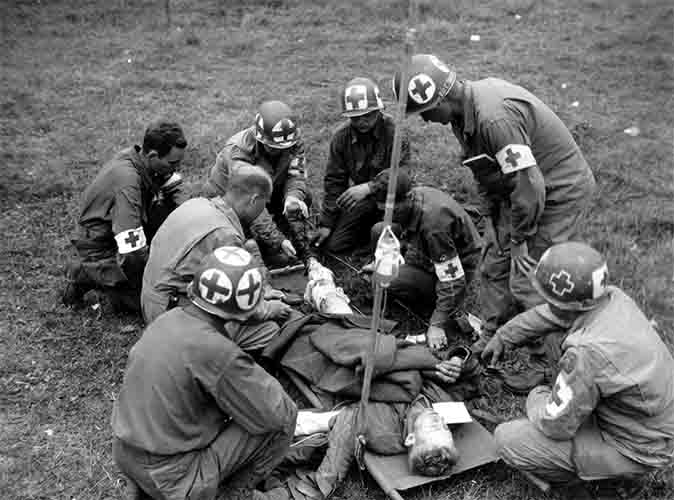
In the early hours of the morning, Friar Ignatius had made a decision that set him on the road to his Calvary hill, as the house became completely full of wounded and others were still arriving. According to the Geneva Convention, medical staff and chaplains were to be respected and protected under all circumstances.3 It was also their responsibility, when the situation permitted, to communicate with their counterparts, to better care for and protect the wounded.4 So, Friar Ignatius entrusted his Mass kit to the father and son and turned to walk up the street. With a brisk and determined step he went to meet his German colleague. To be continued –
– friar Michael Lasky OFM Conv.
Footnotes:
1 The following story comes from an eyewitness testimony of Mr. Throuroude (the son of the cafe/store owner) and Mr. Marion (a neighbor). Signed October 2005.
2 Geneva Convention: Chapter 2, Article 6 and Chapter 4, Articles 19&21.
3 Ibid. Chapter 3, Article 9.
4 Ibid. Chapter 1, Articles 3&4
